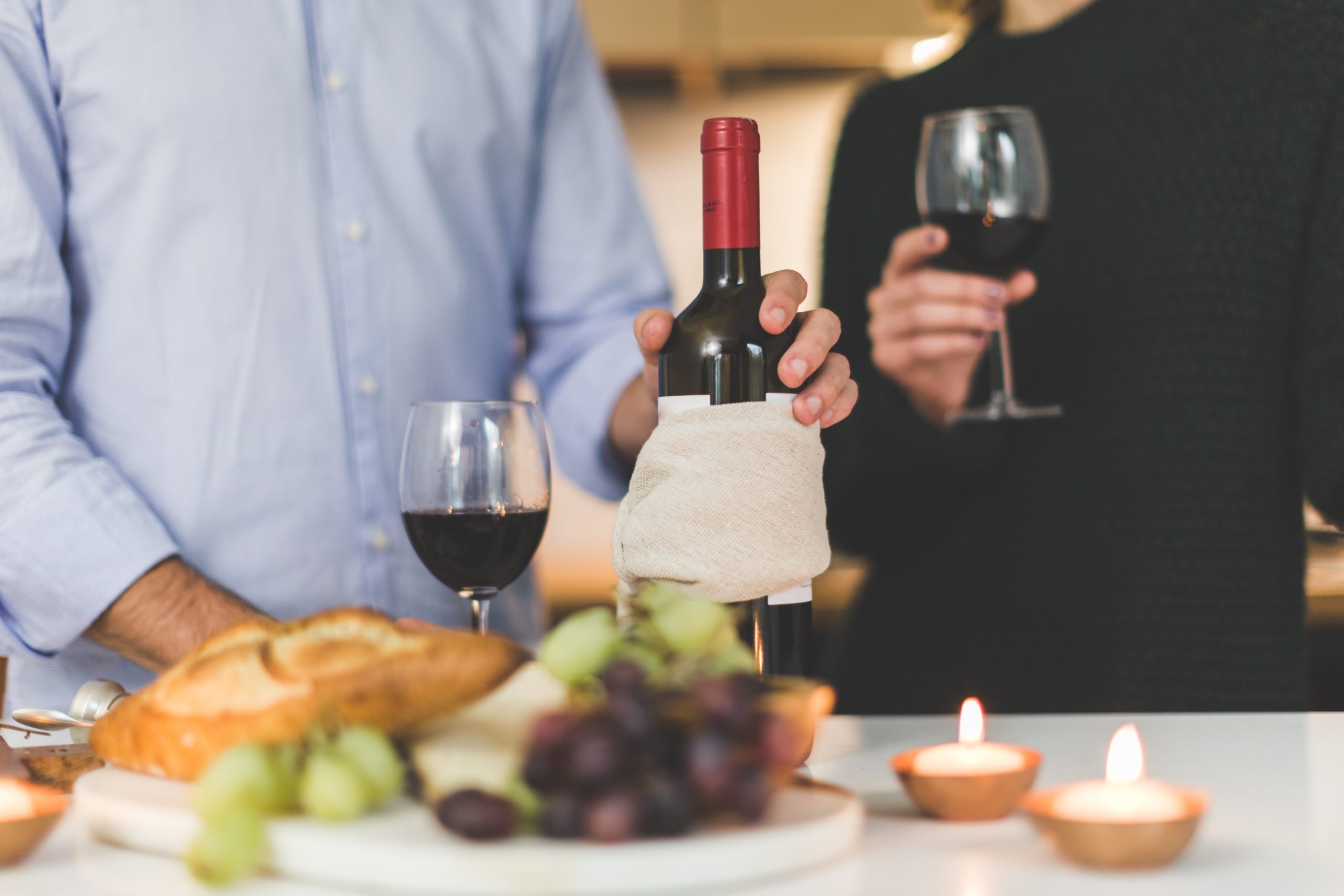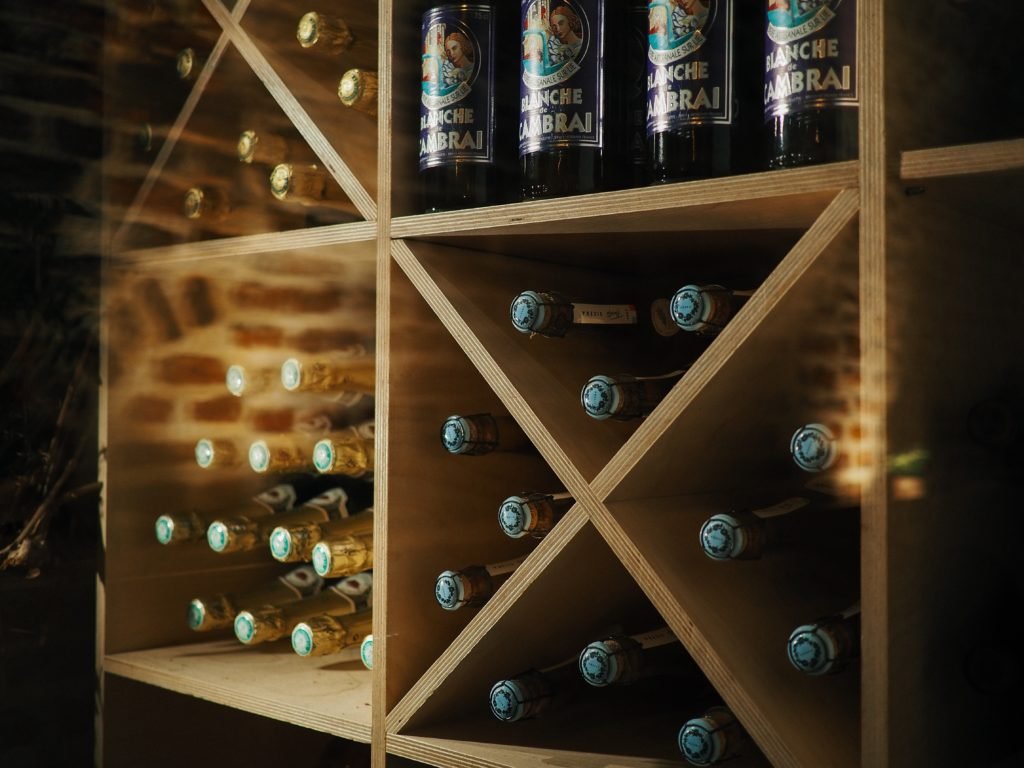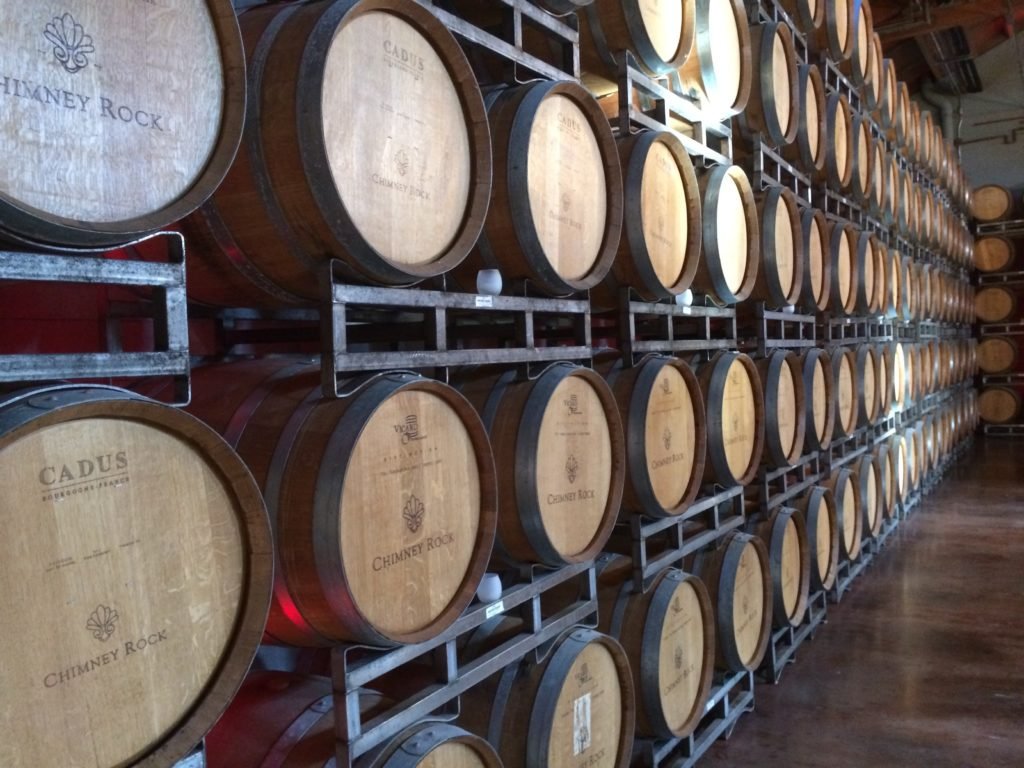We buy wine to drink immediately, but for the rare wines we want to save for later, there are several fundamental principles for storing red and white wines that must be followed in order for your wines to age efficiently and gain flavor and value.
Wine storage environment
Some winemakers have earned a reputation for producing wines that can age, and some regions and types of wine age better than others. However, the vast majority of wines available on the market today are intended for immediate consumption and are not meant to be aged in any way.
These high quality wines can be stored for approximately 8 to 12 months without suffering substantial loss of quality, provided that the temperature, humidity and light of the storage room are taken into account.
Storing wine at the right temperature
The recommended temperature for storing wine is between 12 and 14 degrees Celsius. This temperature must be maintained at a constant level throughout the year to ensure excellent storage conditions for the wine. It is not advisable to keep wine in the kitchen at all times. Temperatures in this room can change throughout the day, making it a good place to watch. In other words, when the oven or stove is on, the temperature in the kitchen increases. If possible, the temperature should not vary by more than 2 or 3 degrees Celsius.
Experts believe that high temperatures can harm wine and cause it to lose its freshness. Hot environments can also alter the tightness of wine, which can lead to oxidation. Due to extreme temperature variations, it is not recommended to store wine in uninsulated sheds or garages. Do not place it near heat sources such as radiators or electrical appliances that create heat. In addition, avoid high places, such as the top of a cabinet, where hot air rises.
Humidity for wine storage
The ideal environment for storing wine has a humidity level of 50% or higher. Therefore, humidity levels below about 50% become excessively dry, while those above 50% would be too humid. This can be difficult to achieve. As long as the relative humidity of the storage room remains between 60-80%, the wine should remain safe from spoilage.
The cork shrinks due to drying out caused by the dry circumstances, which can lead to oxidation. Screw caps are used on the vast majority of wines produced today. The risk of the cork drying out is thus reduced. Wine storages that are too humid do not necessarily harm the wine, but they can promote mold growth. This can damage storage space as well as wine labels.
Indeed, bottles containing corks must be placed on their side to avoid any damage. Screw caps can be stored upright or lying down, depending on your preference.
Storing wine in a dark place
Wine should not be stored in direct sunlight. Although wine bottles are meant to protect the wine they contain, ultraviolet rays can break down the molecules that contribute to the unique aromas of a particular wine. This phenomenon is more common for delicate white wines such as Champagne, Pinot and Sauvignon Blanc, as well as sparkling wines.
It is not recommended to store wines on window sills or bench tops. If you’re storing them on wine racks, make sure they’re out of direct sunlight, if possible. Indoor spaces, such as the underside of an indoor staircase or the bottom shelf of a cabinet or pantry, are preferable to outdoor spaces.
Self-storage for wine
People who are looking for short-term storage solutions for their wine collection need not worry about finding secure, climate-controlled self-storage facilities for their bottle collection. Wine can be safely stored in an isolated storage facility for a limited period. In the event of a move, the wine can be stored in wine boxes, then placed in a self-storage box for later use.
If wine is to be stored for a long period of time, it is recommended to keep it in a climate-controlled storage unit. This also applies to fine wine collectors and enthusiasts who wish to preserve and age their fine wines. In self-storage, you can be sure that temperature, humidity and light will stay within the ideal range for your specific collection.






